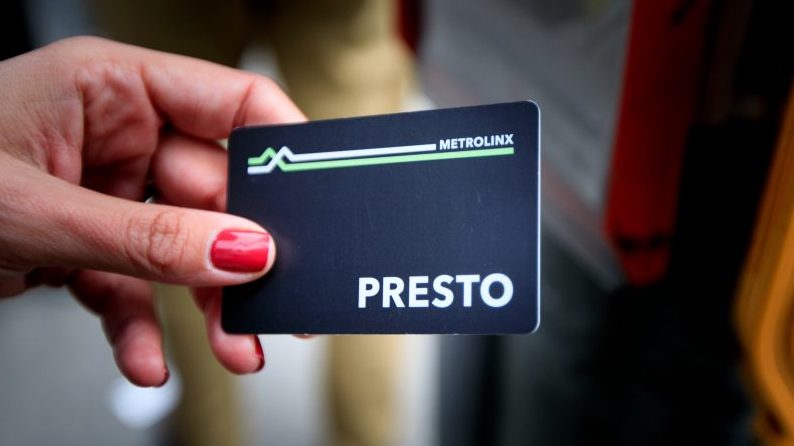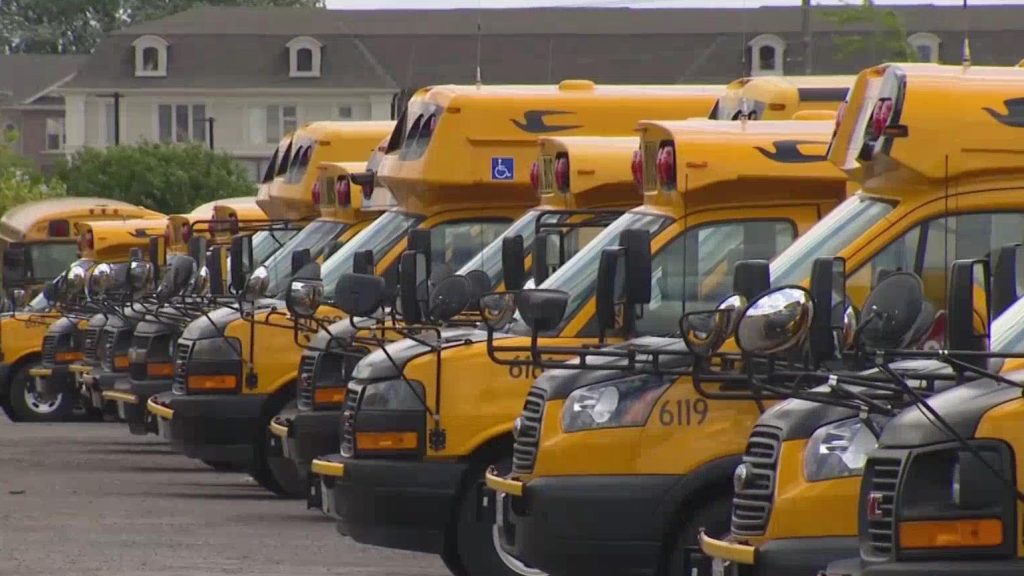The Toronto Transit Commission (TTC) is set to consider a significant change to its fare structure next month, which involves eliminating the current monthly pass in favor of a fare-capping system. This proposed system would allow riders to access unlimited rides for free after reaching a certain monthly threshold, effectively making public transit more accessible and affordable for users. The monthly unlimited pass, currently priced at $156, would be replaced by this new model, which is already in practice at various transit agencies throughout the Greater Toronto and Hamilton Area (GTHA), including those in York Region, Mississauga, Burlington, Hamilton, and GO Transit.
The proposal presents three different options for fare capping: a threshold based on 47 rides, 44 rides, or 40 rides per month. Under the first option, the TTC expects to incur a revenue loss of approximately $10 million while gaining an additional 3.6 million riders. If the commission opts for a cap at 44 rides, the forecasted loss would increase to around $19 million, but they anticipate a gain of over seven million rides. The most aggressive strategy of capping at 40 rides would lead to an approximate $35 million loss, but could potentially attract nearly 17 million more riders.
Currently, to derive the full value from the monthly pass, a TTC rider needs to complete around 48 trips per month. The proposal emphasizes that fare capping offers riders a level of price certainty similar to that of a monthly pass, but without the upfront cost that can be a barrier for many. “Customers will always receive the best price and will no longer need to worry about overpaying and not using a monthly pass to its full value,” states the TTC report.
The proposal also discusses possible fare increases as a way to mitigate the anticipated losses from the fare-capping model. An increase to the existing $3.35 single-ride cash fare would yield an additional $2.2 million. However, amending fares, including the PRESTO card system, by just 10 cents could generate nearly $33 million, thereby assisting in offsetting the financial impact of the 40-ride cap. According to the report, fares have remained unchanged since April 2023 amidst an inflation rate of around 4.5 percent over the preceding two years, which complicates the introduction of new initiatives without securing additional funding from various partners.
Furthermore, the TTC's revenue could be bolstered by reducing fare evasion through the enforcement of a single cash fare and advancing its plan to phase out concession cash fares at stations, as directed by the Board in July 2024. Councillor Josh Matlow has expressed his support for the fare-capping initiative, characterizing the current monthly pass system as outdated. He argues that fare capping is essential for making transportation more affordable for residents of Toronto and for enhancing the predictability of monthly budgets. He noted that this system would eliminate penalties for unexpected travel needs, such as grocery trips or extended appointments.
Matlow further pointed out that the fare-capping model has the potential to increase ridership significantly—estimating an annual boost of roughly 16.8 million trips with a cap set at 40 rides. This change could lead to cost savings for users while also mitigating traffic congestion and optimizing the use of the city’s transit infrastructure.
The transit advocacy group TTCriders has welcomed the fare-capping proposal, referring to it as a “big win for riders.” The organization's Executive Director, Andrew Pulsifer, highlighted that many transit users find the current monthly pass prohibitively expensive, with some delaying their purchase at the start of the month due to immediate financial obligations like rent. The report also recommends that the city explore rideshare levies to generate stable revenue streams and combat traffic congestion, as successful examples have been documented in cities like Washington, DC, where annual revenue from such levies reaches approximately CA$25 million, and around CA$55 million in Chicago.
Additionally, a study conducted in 2024 revealed that a considerable percentage of rideshare trips compete with public transit, suggesting that if these rides were not available, public transit could see a 5 to 7 percent increase in weekly ridership. This data reinforces the argument for integrating fare capping and alternative revenue measures to advance the effectiveness and attractiveness of the TTC.












